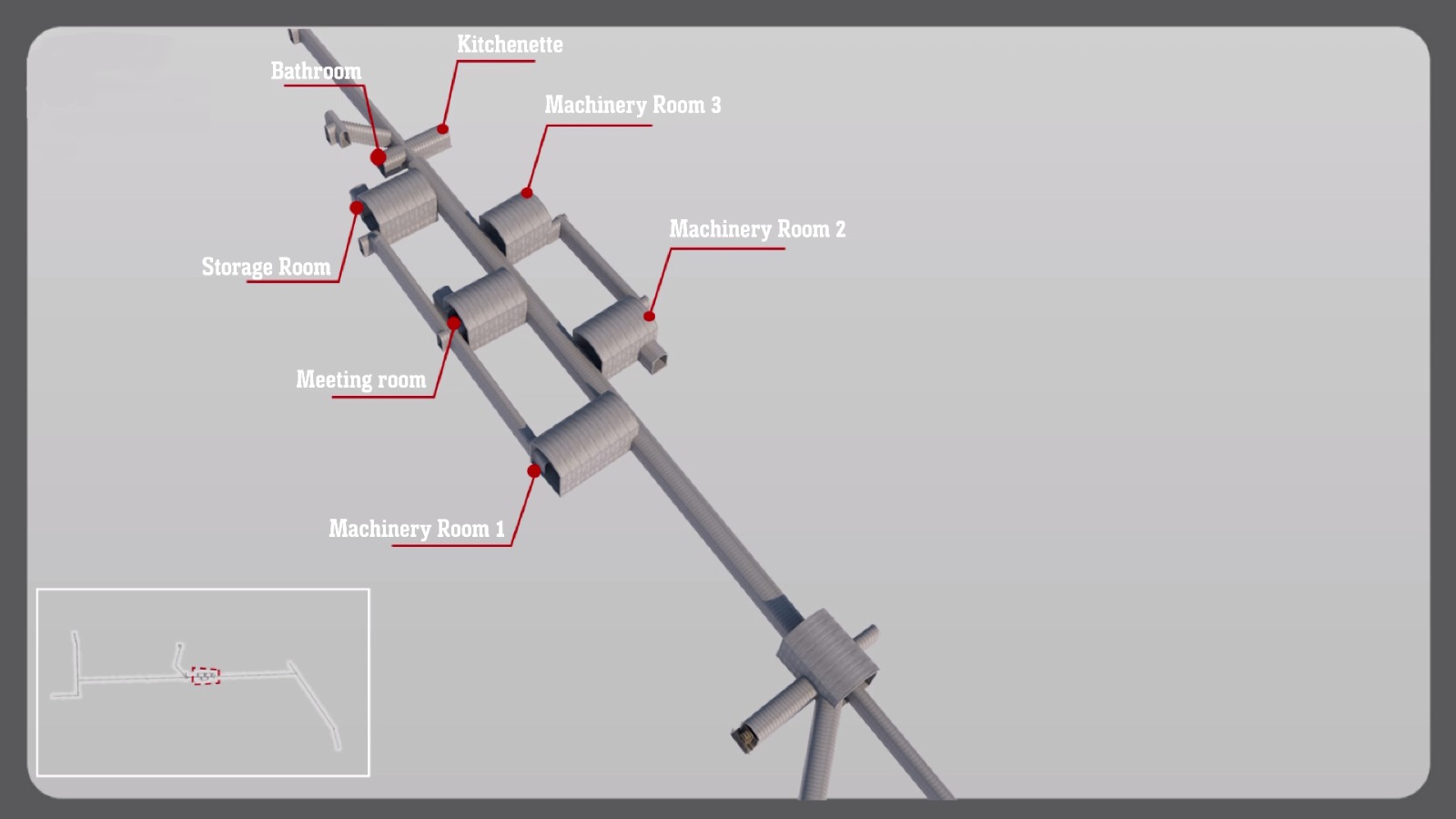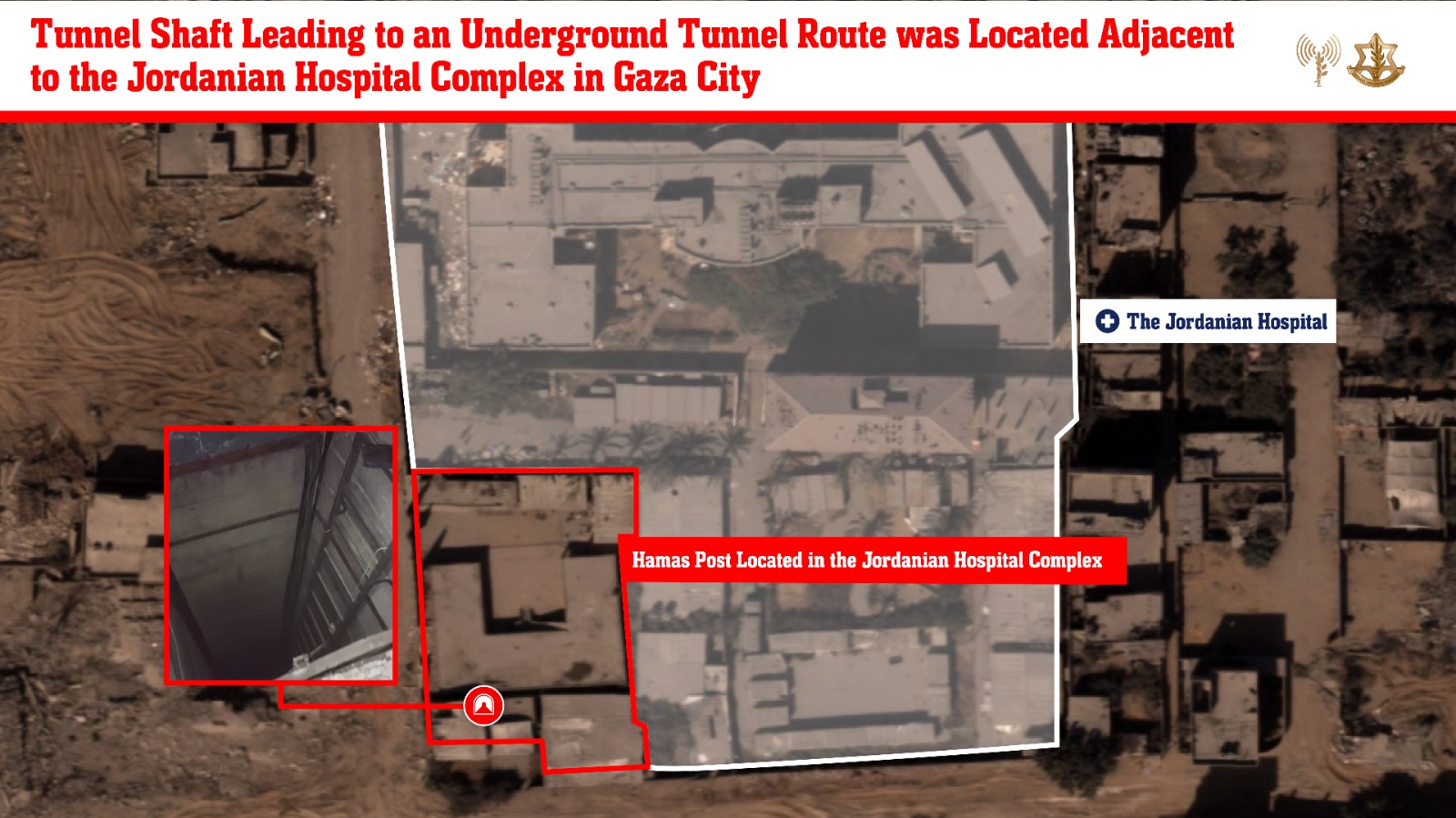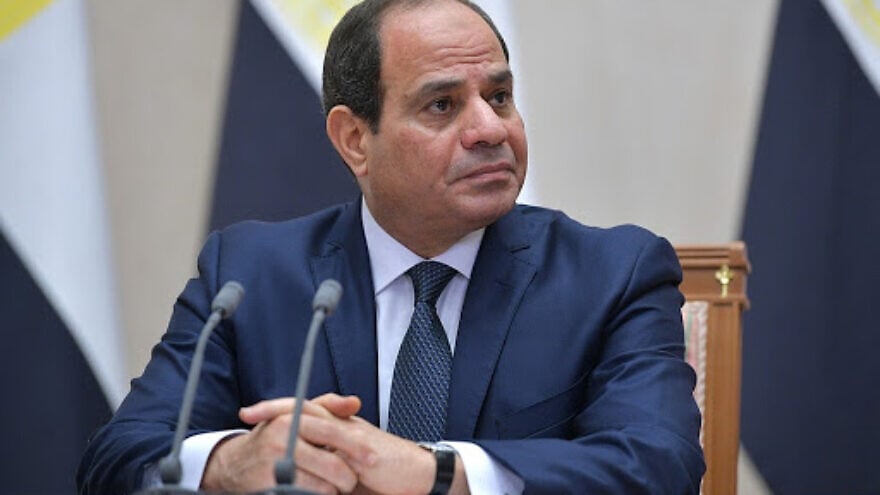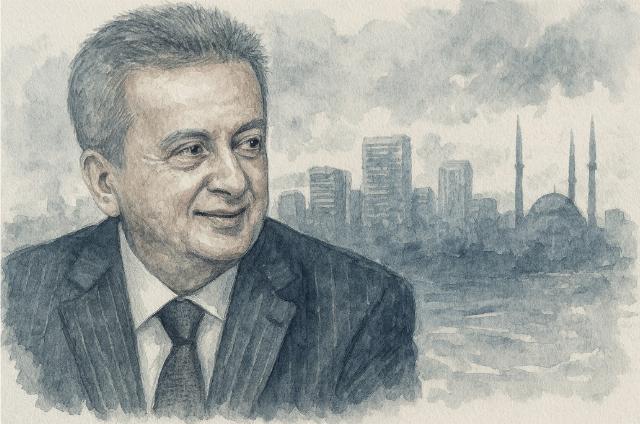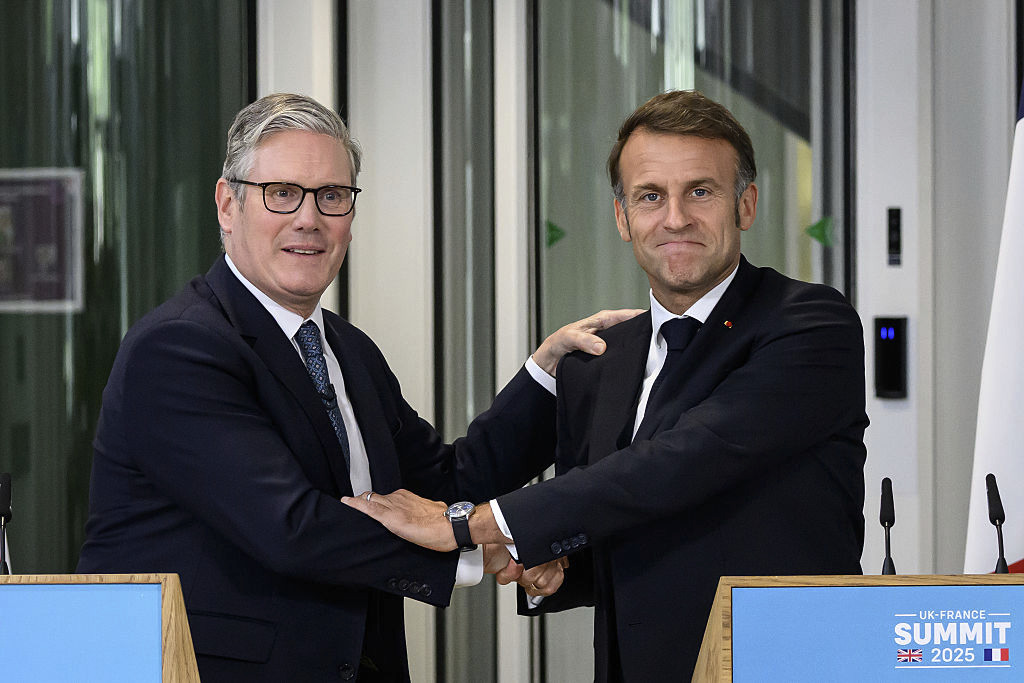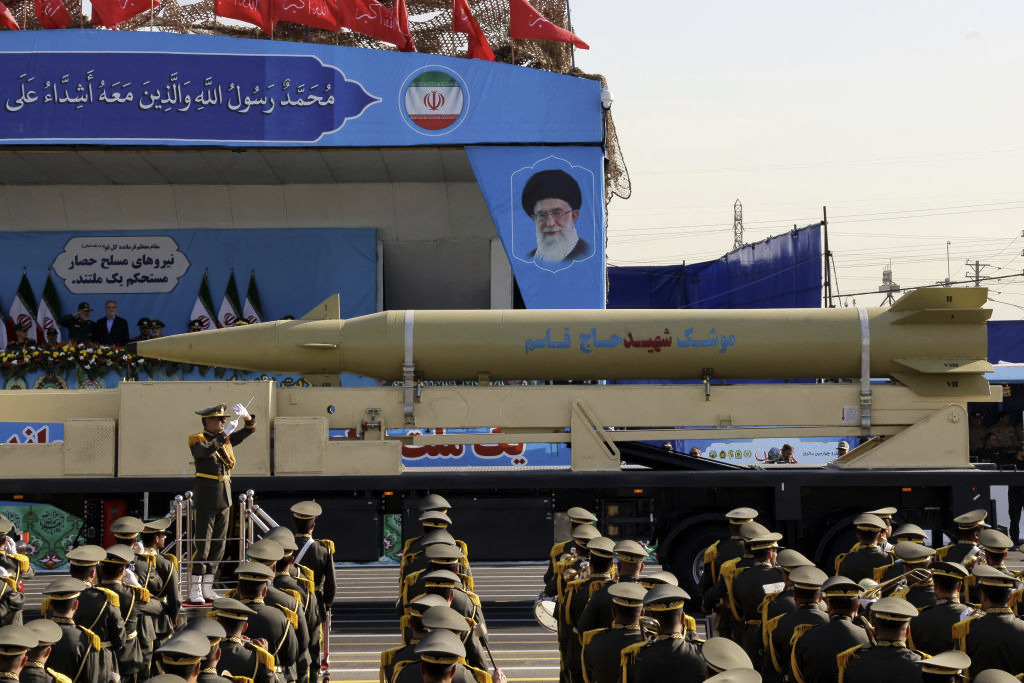by Charles Bybelezer, Amelie Botbol
Jerusalem is readying for “the immediate release of all hostages” from Gaza, Prime Minister Netanyahu's office announced.
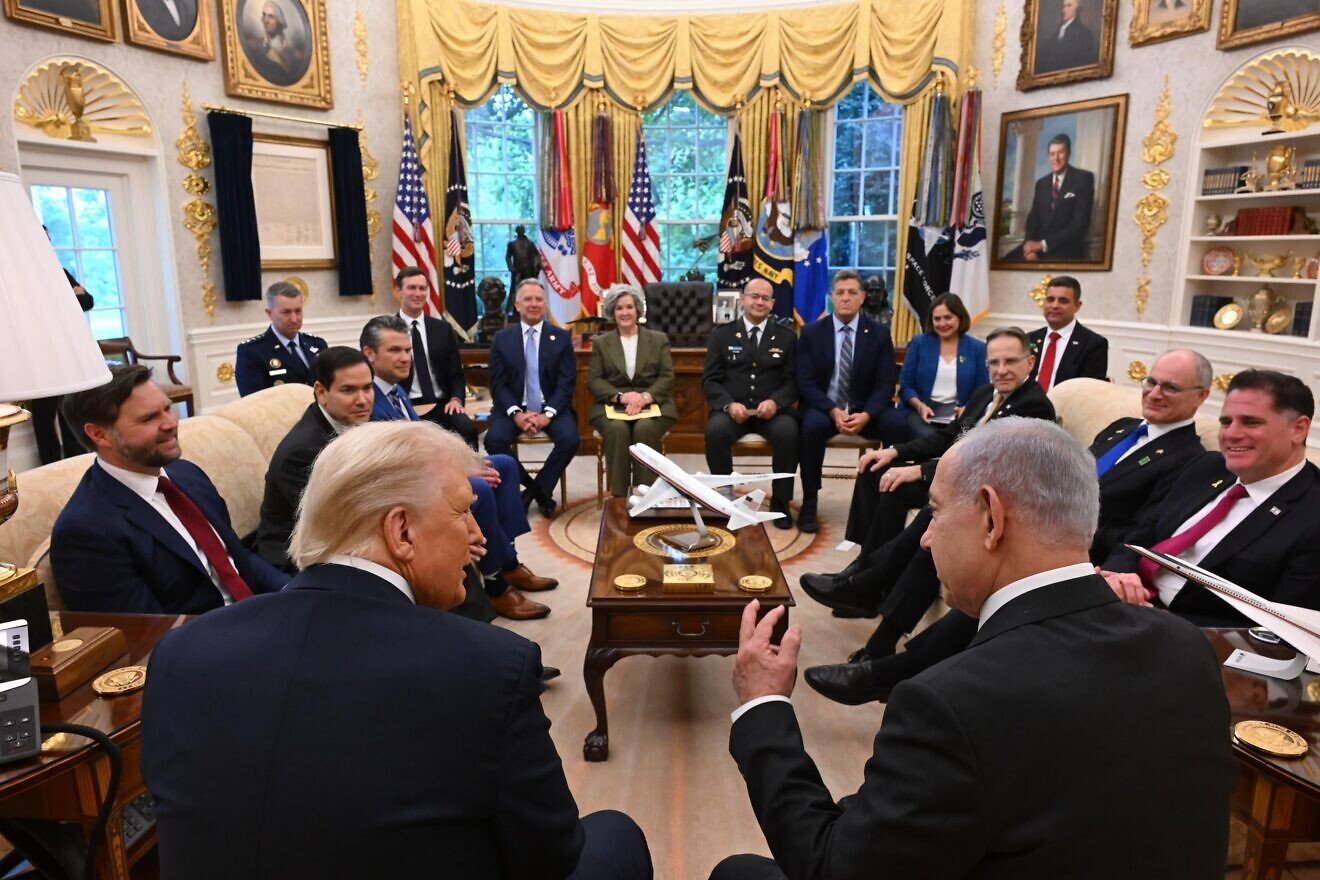 |
Israeli
Prime Minister Benjamin Netanyahu meets with U.S. President Donald
Trump in the Oval Office of the White House, Sept. 29, 2025. Photo by
Avi Ohayon/GPO. |
Israel is preparing to implement the first phase of U.S. President Donald Trump’s plan to end the war against Hamas in the Gaza Strip, which includes “the immediate release of all hostages,” the Prime Minister’s Office in Jerusalem announced overnight Friday.
“We will continue to work in full cooperation with the U.S. president and his team to end the war in accordance with the principles set forth by Israel, which are consistent with President Trump’s vision,” the statement added.
The decision followed Hamas’s response earlier on Friday to the American proposal. The Palestinian terrorist group said it “appreciates the Arab, Islamic and international efforts” behind the peace plan Trump unveiled on Sept. 29.
Hamas said it accepts parts of the plan, including the release of all 48 remaining hostages—20 of whom are believed to be alive—under the formula outlined by Trump, “provided the field conditions for the exchange are met,” as part of ending the war.
The Islamist group expressed its “readiness to immediately enter into negotiations through the mediators to discuss the details of this agreement.”
While Hamas also claimed a willingness to hand over the administration of the Strip to a “Palestinian body” based on “Palestinian national consensus, and Arab and Islamic support,” it said that “other issues,” such as the core element of disarmament, “are linked to a comprehensive national position and based on relevant international laws and resolutions.”
IDF halts offensive operations
In response, the Israel Defense Forces has been instructed to halt offensive operations in Gaza.
Army Radio reported Saturday that the order calls for IDF operations to be reduced to “a minimum,” with ground troops confined to defensive maneuvers.
Chief of Staff Lt. Gen. Eyal Zamir convened a situation assessment on Friday night, the military said. Following the meeting, and “in accordance with the directives from the political echelon,” he ordered preparations to implement Trump’s plan for the release of the captives.
“At the same time, it was emphasized that the safety of IDF troops is a top priority and that all capabilities will be allocated to the Southern Command to ensure their protection,” the military said in a statement.
Zamir stressed the need for “high alertness and vigilance” and reinforced the requirement for rapid response to neutralize any threat, the IDF added.
On Saturday, the military warned Palestinians against returning to evacuated areas, with Arabic-language spokesman Col. Avichay Adraee saying such a move would place them in “extreme danger.”
“For your safety, avoid returning north or approaching areas where IDF troops are operating anywhere in the Strip—even in its southern part,” he said.
Trump presses deal
On Friday, Trump said that he believes Hamas is “ready for a lasting peace,” and therefore, “Israel must immediately stop the bombing of Gaza, so that we can get the hostages out safely and quickly.
“Right now, it’s far too dangerous to do that. We are already in discussions on details to be worked out,” he continued. “This is not about Gaza alone. This is about long-sought peace in the Middle East.”
— Rapid Response 47 (@RapidResponse47) October 3, 2025
Hours later, Trump released a video statement in which he confirmed that Washington was waiting to get “the final word down,” while adding he “look[s] forward to having the hostages come home to their parents.
“This is a very special day, maybe unprecedented,” said Trump. “We were given a tremendous amount of help. Everybody was unified in wanting this war to end and seeing peace in the Middle East, and we’re very close to achieving that.”
Israel’s Kan News public broadcaster reported on Saturday that Jerusalem’s negotiating team is preparing for talks on implementing the peace plan. The report said Israeli security officials are compiling a list of Palestinian prisoners who could be released in exchange for the hostages.
U.S. Middle East envoy Steve Witkoff, together with former White House senior adviser Jared Kushner, were scheduled to travel to the region this weekend to help broker negotiations in Egypt.
Hostage families ‘cautiously optimistic’
“Things are going in the right direction, but we must show cautious optimism,” Ruby Chen, the father of Israeli-American hostage Sgt. Itay Chen, whose body is being held in Gaza, told JNS on Saturday.
Itay, from Netanya, was stationed at the Nahal Oz army base as part of a tank unit when Hamas terrorists captured him along with three other soldiers during the Oct. 7, 2023, massacre.
The IDF notified his father in March 2024 that Chen had been declared dead, but Hamas has refused to confirm it holds his remains or provide any physical evidence of the soldier’s fate.
“President Trump understands that we need everybody out; it’s the way to put an end to this humanitarian crisis and start our rehabilitation,” Ruby Chen said.
“The response of Hamas isn’t 100% positive. We need to see how things turn out. We don’t plan anything. When things happen, they’ll happen,” he added.
The Hostages and Missing Families Forum Headquarters said on Saturday that “we are in decisive days for a deal” and urged Israelis to gather at Tel Aviv’s “Hostage Square” that evening in a show of support.
“This is the moment for all of Israel to stand together and demand loudly: Do everything possible to bring our brothers and sisters home,” the statement added.
Hanna Cohen, aunt of murdered hostage Inbar Haiman, the only female still held in Gaza, told JNS on Saturday that the people of Israel are anxiously awaiting the return of the captives.
“I am very happy and grateful to President Trump for the efforts made to bring everyone home. The fact that he mentioned on Friday a woman being held warmed our hearts,” Cohen said. “He knows there is a woman in captivity who must be brought home as soon as possible.”
Haiman, 27, was abducted by Hamas on Oct. 7 from the Supernova music festival near Kibbutz Re’im. In December 2023, the IDF confirmed that she had been killed in captivity.
“We are waiting. Hamas is a terrorist organization, and we expect to face more terror,” Cohen said. “Inbar’s parents and I are always in touch and fighting side by side. We are waiting for Inbar. We are ready to receive her and give her the respect she so greatly deserves.
“We have fought a bloody war for two years that cost us our health,” she continued. “We turned from healthy people into mentally and physically unhealthy ones. We never stopped believing for a moment that Inbar would come home. We never stopped fighting for her, and we pray that we will see results soon, in a very loving way,” she added.
Behind the scenes in Jerusalem
Prime Minister Benjamin Netanyahu convened a ministerial meeting on Friday night, attended by Defense Minister Israel Katz, Strategic Affairs Minister Ron Dermer and senior defense officials.
Channel 12, citing sources close to the prime minister, said Netanyahu did not view Hamas’s response to the plan favorably, considering it a conditional acceptance.
Nevertheless, the premier wants to quickly advance the first phase of the deal to release the hostages within 72 hours, particularly as Trump has already pressed Jerusalem to curb military operations in Gaza.
The Israeli government is also eager to set a timeline to resume IDF operations if Hamas reneges or attempts to delay the process.
A senior political source told Channel 12 on Saturday that officials in Jerusalem believe hostages could be returned within days. The source said the Arab world was on edge over the prospect of Israel completing its operation in Gaza City and exerted heavy pressure on Hamas.
“Alongside the tremendous pressure from Trump, a renewed framework emerged that guarantees the release of hostages above all,” he said.
He called the development “a tremendous achievement for the prime minister and for Israel, in which all the living hostages and the bodies are received in exchange for a set number of prisoners, as part of a tactical withdrawal, while IDF forces remain deep inside the Strip.”
On coordination with Washington, the official stressed that “everything was planned, there were no surprises. Everything was discussed and agreed upon in advance.” He said that Netanyahu spoke with Trump on Friday before the president’s statements and is working with him in close coordination.
The source revealed that an Israeli delegation will head to Egypt on Sunday or Monday to discuss the “technical details.”
According to Israel Hayom, the talks will be conducted in two stages. The first stage is expected to include a ceasefire, a phased IDF withdrawal from Gaza in parallel with the release of hostages, the release of Palestinian terrorists imprisoned in Israel and the reopening of supply routes throughout the Strip.
If the first stage is completed, a second phase will follow, involving a conference in Europe with the participation of additional international actors. This stage would aim for a final agreement to end the war and rebuild Gaza. Key issues would include the transfer of governance from Hamas to another entity, the exile of its leadership and the demilitarization of the enclave.
The report cited diplomatic officials expressing skepticism about the mediators’ ability to “deliver,” noting that Hamas had introduced numerous obstacles in its response and was expected to harden its positions under the cover of a ceasefire.
Meanwhile, a senior Hamas official told AFP on Saturday that Cairo will organize a summit of Palestinian terrorist factions to determine a path forward.
The official said Egypt will host an “intra-Palestinian dialogue on Palestinian unity and the future of Gaza, including the administration of the Gaza Strip.”
Danny Zaken contributed to this report.
Charles Bybelezer, Amelie Botbol
Source: https://www.jns.org/israel-preparing-to-implement-trump-plan-including-immediate-release-of-all-hostages/
